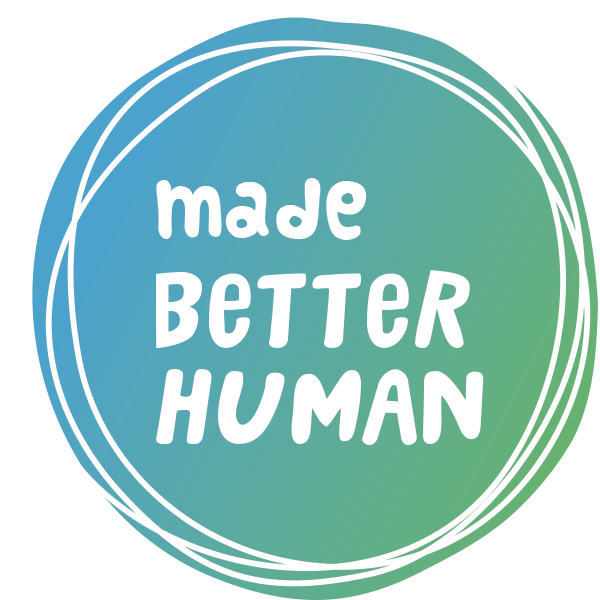For some of us, as we move through life, we have experiences where our thoughts, feelings or experiences are dismissed, minimised or invalidated by others. This can often occur in the context of traumatic events. These experiences can have lasting psychological consequences, contributing to shame, self-doubt and emotional dysregulation. Invalidation acts as an attack on our psyche and becomes interpreted as messages of inferiority, being unacceptable or bad. It changes how we see ourselves and the language we use to describe who we are. Invalidation can occur in small ways like when our opinion shared in a meeting is completely disregarded and in significant ways when people deliberately exclude us, ghost us, ignore us, say cruel things to us or about us, treat us unfairly or become exasperated around us naming us pathetic, useless or hopeless. Significant invalidation can be linked to trauma.
Invalidation can be caused at any time throughout our lives and can be done by individuals, groups and society at large. The difficult part for us when we are invalidated is the identity conclusions some people can arrive at because of the invalidation. We interpret the behaviours of others as a clue to something lacking or wrong within us. We internalise a message of faultiness. Listed below are 8 identity conclusions we can form as a result of repeated invalidation:
I am the cause of problems.
I am bad.
I am incompetent.
I am unlovable.
I don’t belong.
I don’t matter.
I can’t be trusted.
I am inferior to others.
None of these identity statements is useful and all of them would be untrue except for the issue that arises when we start to believe these statements as being true about us.
The beautiful aspect of narrative practice is it creates a space for individuals to start to question the validity of these types of identity conclusions and to look for example counter-stories for when these problematic identity conclusions simply were wrong. Fact checking these beliefs and restructuring the cognitive distortions that have resulted from the repeated experience of invalidation gradually rebuilds our awareness of other identities that valorise our virtues, elicit our wisdom and recruit the allies in our life who support how valid and important we are.
A great activity we can complete to re-claim an appreciation for our abilities and remarkable attributes is a Wonderfulness Enquiry. Use the free template provided for you to explore some of your virtues that make you wonderful
If you’d like to explore your life stories in more detail, why not reach out to Made Better Human. We offer a comprehensive program, Made Better Stories which guides you through an approach you can take to unfold new meaning and perspective on your life stories. Or you might like to work with one of our narrative therapists / coaches who can offer one-on-one coaching that will support you as you work through your stories and the re-authoring process. Contact us here.


